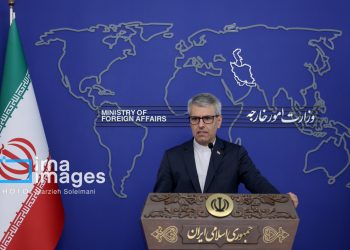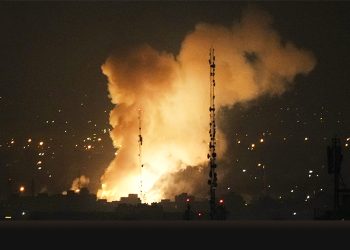STOCKHOLM: Fall has arrived in Scandinavia, which means Nobel Prize season is here.
The start of October is when the Nobel committees get together in Stockholm and Oslo to announce the winners of the yearly awards.
First up, as usual, is the Nobel Prize in medicine or physiology, which will be announced Monday by a panel of judges at the Karolinska Institute in the Swedish capital. The prizes in physics, chemistry, literature, peace and economics will follow, with one announcement every weekday until Oct. 9.
The Nobel Prizes were created by Alfred Nobel, a 19th-century businessman and chemist from Sweden. He held more than 300 patents but his claim to fame before the Nobel Prizes was having invented dynamite by mixing nitroglycerine with a compound that made the explosive more stable.
The first Nobel Prizes were presented in 1901, five years after his death. In 1968, a sixth prize was created, for economics, by Sweden’s central bank. Though Nobel purists stress that the economics prize is technically not a Nobel Prize, it’s always presented together with the others.
PEACE IN NORWAY
For reasons that are not entirely clear, Nobel decided that the peace prize should be awarded in Norway and the other prizes in Sweden. Nobel historians suspect Sweden’s history of militarism may have been a factor.
During Nobel’s lifetime, Sweden and Norway were in a union, which the Norwegians reluctantly joined after the Swedes invaded their country in 1814. It’s possible that Nobel thought Norway would be a more suitable location for a prize meant to encourage “fellowship among nations.”
To this day, the Nobel Peace Prize is a completely Norwegian affair, with the winners selected and announced by a Norwegian committee. The peace prize even has its own ceremony in the Norwegian capital of Oslo on Dec. 10 — the anniversary of Nobel’s death — while the other prizes are presented in Stockholm.
WHAT’S POLITICS GOT TO DO WITH IT?
The Nobel Prizes project an aura of being above the political fray, focused solely on the benefit of humanity. But the peace and literature awards, in particular, are sometimes accused of being politicized. Critics question whether winners are selected because their work is truly outstanding or because it aligns with the political preferences of the judges.
The scrutiny can get intense for high-profile awards, such as in 2009, when President Barack Obama won the peace prize less than a year after taking office.
GOLD AND GLORY
One reason the prizes are so famous is they come with a generous amount of cash. The Nobel Foundation, which administers the awards, raised the prize money by 10% this year to 11 million kronor (about $1 million). In addition to the money, the winners receive an 18-carat gold medal and diploma when they collect their Nobel Prizes at the award ceremonies in December.
Most winners are proud and humbled by joining the pantheon of Nobel laureates, from Albert Einstein to Mother Teresa. But two winners refused their Nobel Prizes: French writer Jean-Paul Sartre, who turned down the literature prize in 1964, and Vietnamese politician Le Duc Tho, who declined the peace prize that he was meant to share with U.S. diplomat Henry Kissinger in 1973.
































